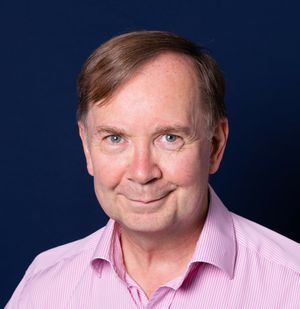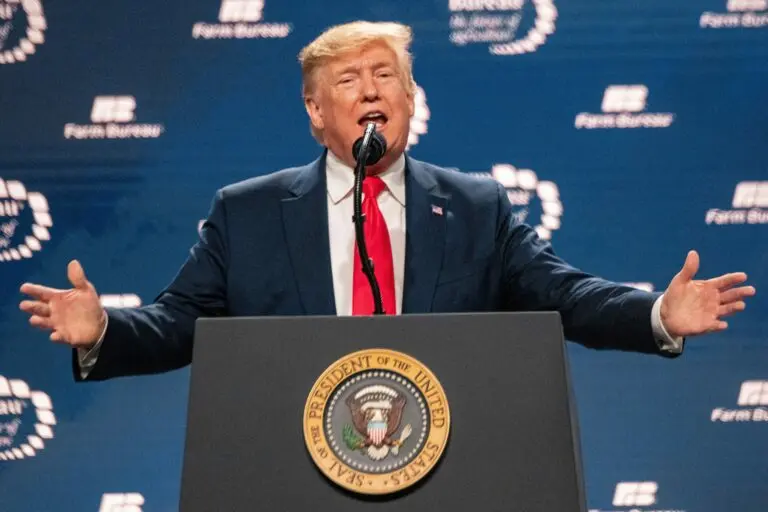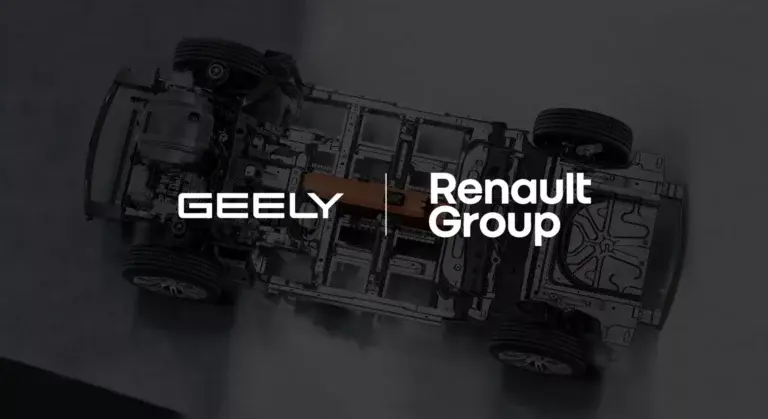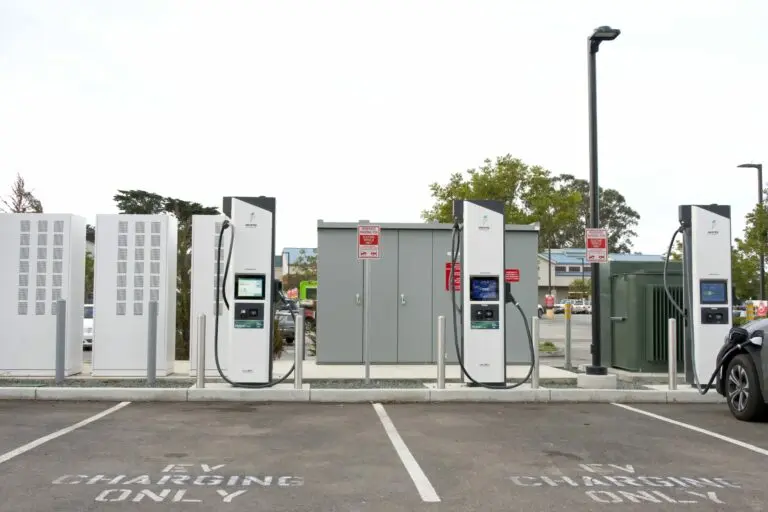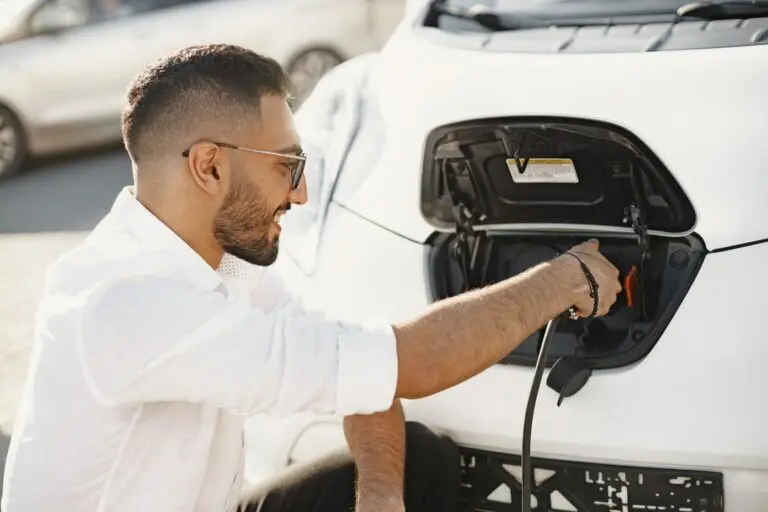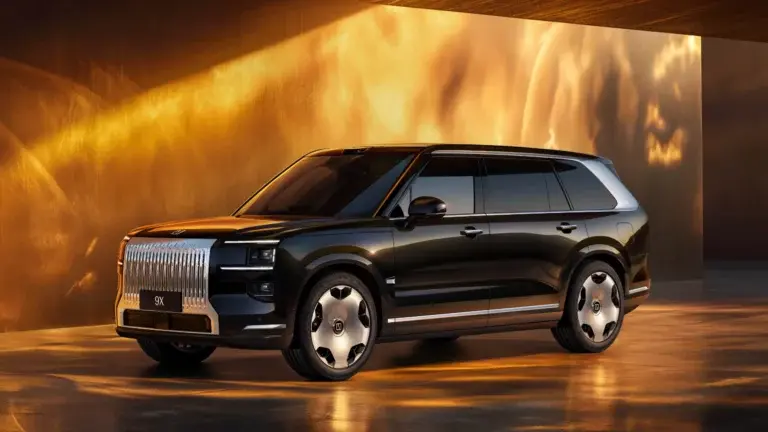Pascal Hureau, President of the Fédération Française des Associations d’Utilisateurs de Véhicules Electriques (FFAUVE) – an association formed in 2019 from the merger of several electric car owners’ associations – is a tireless campaigner for an accessible, pragmatic and user-centred energy transition. At a time when the electric car market is at a turning point, he talks to ECO MOTORS NEWS about his commitment, the current obstacles to the electrification of the car fleet and his vision of an electrified France by 2035.
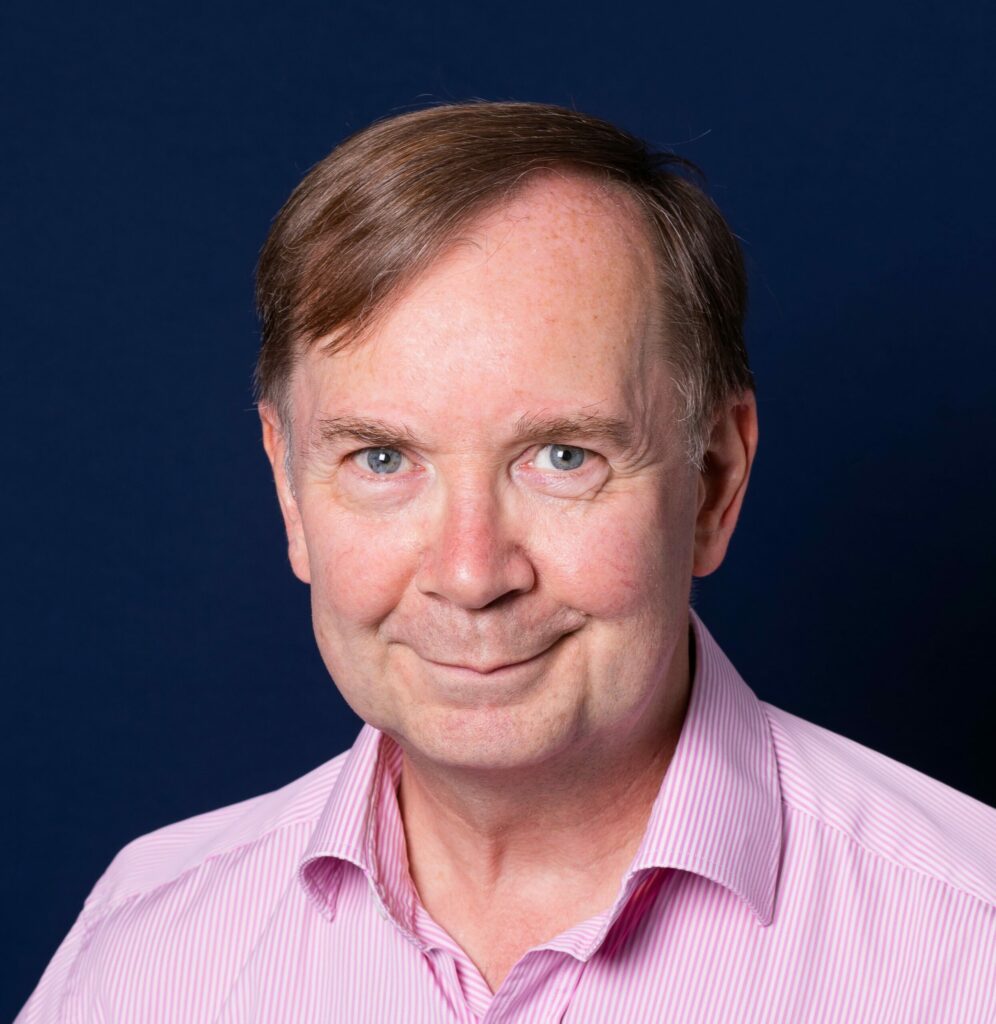
What is the FFAUVE?
Pascal Hureau: First of all, it’s not a car club! It’s the only association in France that represents electric vehicle users. We defend their interests, a bit like the UFC Que Choisir for electromobility. We have the advantage of being a federation of regional associations, which means we can keep in touch with the realities on the ground.
What made you decide to go electric?
Pascal Hureau: In a word: pleasure. The pleasure of driving, the silence, the comfort. As we often say at FFAUVE, if you try an electric car, you’ll love it! Of course, I also wanted to reduce my environmental impact: I was fed up with burning fossil fuels. Then, finally, with an electric vehicle, you gain real autonomy, you can recharge at home or elsewhere, without having to rely on a service station.
But there’s still a big step to be taken between adopting electric cars and committing oneself as you’re doing…
Pascal Hureau: I’ve developed a passion for the subject. The range of vehicles on offer has grown, but demand has yet to mature, so I’ve been looking for a way to participate in the rise of the electric car: supporting this transition, informing, defending and proposing. And that’s what we’re doing at FFAUVE.
You are also active politically as deputy mayor of Montrouge, in the Paris region.
PH: Yes, I am deputy mayor for digital transition, e-administration and European relations, but for a long time I was responsible for roads and urban development. I initiated the installation of the town’s first charging points, and today Montrouge is one of the best-equipped towns in the inner suburbs of Paris.
On a national scale, what is your assessment of the coverage of charging points?
PH: We’ve almost reached 160,000 charging points accessible in public spaces. There’s been a real boom in shops, supermarket car parks, cinemas and so on. Motorway service areas are 100% covered. In reality, it’s mainly condominiums that are lagging behind: just 10-15% are equipped. That’s another of our missions, to help these co-ownerships install charging points in their car parks.
« It’s vital to combat misinformation ».
In your opinion, what are the current obstacles to more widespread adoption of electric cars by the French?
PH: The price of vehicles is still too high for some people, especially those living in blocks of flats. This goes some way to explaining why there are so few recharging points in large housing estates… But the fear of autonomy is receding. Coverage is good and new technologies mean that recharging can be done very quickly. And we have to get away from the fantasy that we sometimes wait longer at the pump than at a fast-charging point. At least, that’s what we saw over the long Easter weekend. One thing is certain, we have to stop thinking that electric cars will be a niche market: they are the future of the motor industry.
There are also misunderstandings about the charging ecosystem…
PH: Yes, it’s a big issue. There have been too many cards, too many systems. We need to move towards « plug and charge« , as Tesla is doing. Alliances like the SPARK Alliance are working in this direction. Simplicity is the key: bankcard or automatic authentication.
« We must not give up on the end of fossil-fired power in 2035 ».
What are the FFAUVE’s plans for 2025?
PH: First of all, we are going to publish a new version of our white paper – which can be downloaded directly from our website – and launch a specific guide for local authorities with a view to the 2026 municipal elections. We will also be stepping up our fight against misinformation, sometimes spread by influential media. We recently won a complaint to the Autorité de régulation de la communication audiovisuelle et numérique (ARCOM). Finally, the FFAUVE will continue to work with dealers to ensure that they are better trained to sell electric cars.
Finally, what do you think France will look like in 2035, in terms of electric cars?
PH: Electric vehicles at the same price as combustion engines. Electric charging points everywhere. A rich second-hand market, thanks in particular to corporate fleets. More versatile and affordable models. And a stable, non-punitive, clear industrial policy that we stick to. The deadline is clear: 2035, the end of new combustion engines. And that’s something we must not give up!

